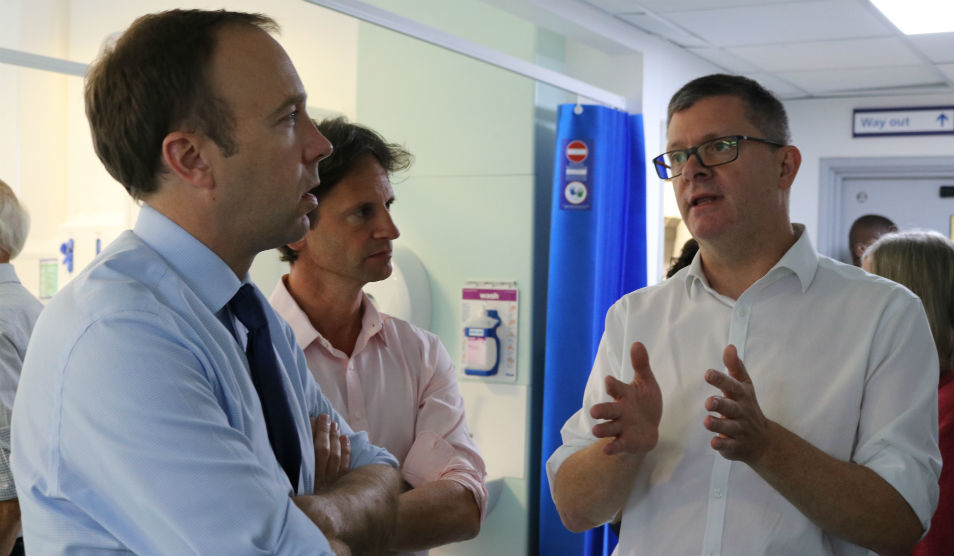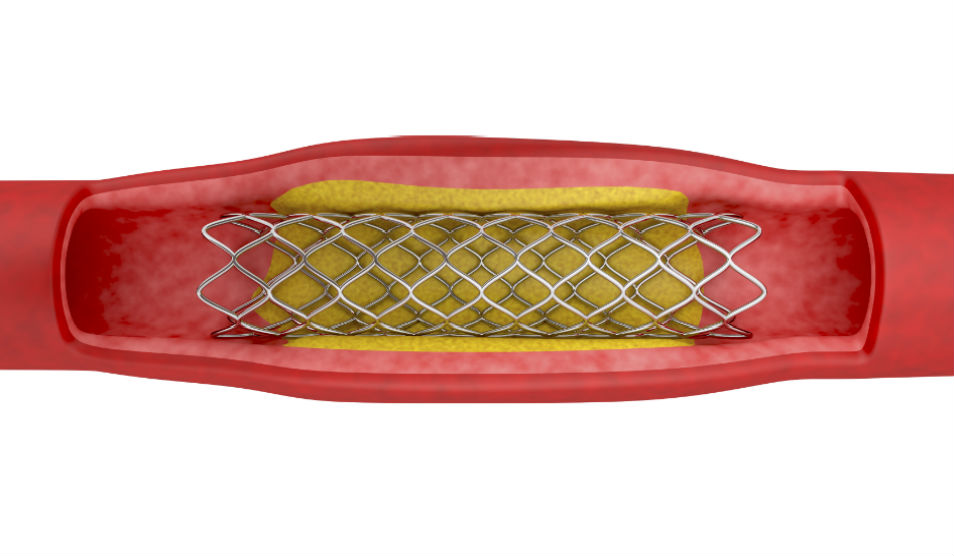Imperial College Healthcare NHS Trust seeks feedback on proposals to improve care pathways
Imperial College Healthcare NHS Trust is asking patients, carers, local residents and other stakeholders about clinician-led proposals to improve care pathways for patients with chest pain or who need urgent specialist care.
The Trust currently provides acute medicine services to adults at its three main sites: Charing Cross, Hammersmith and St Mary’s hospitals.
Acute medicine services provide immediate and early specialist management of patients who present to, or from within, hospitals as urgent cases or emergencies. Acute medical emergencies, such as gastrointestinal bleeding, heart problems or a rapid deterioration in health, are the most common reason for admission to hospital.
As Hammersmith Hospital is a ‘specialist’ hospital - primarily for renal, haematology and cardiac care – the acute medical pathway there can sometimes create an unnecessary, additional step in a patient’s journey to reach the specific specialist service they need.
The Trust is seeking to improve access to specialist services by introducing a new direct entry pathway for urgent renal and haematology patients at Hammersmith Hospital in place of the current pathway via the acute medicine service. This will also allow the expansion of acute medicine care at Charing Cross and St Mary’s hospitals, boosting the immediate and early specialist management of patients at our ‘acute’ hospitals, including those attending our Accident & Emergency departments.
For patients with chest pain, many are currently admitted to Charing Cross or St Mary’s Hospitals through our Accident & Emergency departments before accessing the specialist cardiology team based in the Heart Assessment Centre at Hammersmith Hospital. These transfers can be confusing and inconvenient for patients and their families as well as delaying specialist cardiac treatment.
The Trust is proposing to expand capacity and improve pathways at Hammersmith Hospital so that more patients with chest pain are able to go directly to the Heart Assessment Centre without being first admitted for assessment at Charing Cross or St Mary’s Hospitals.
The proposals include improving facilities at the Heart Assessment Centre to create a better, more private environment for patients and an additional 10-15 cardiology beds at Hammersmith Hospital where patients can recuperate after their treatment.
Currently, patients in west London who the London Ambulance Service suspects are having a heart attack are taken directly to the Heart Assessment Centre at Hammersmith Hospital. These proposals would not change that pathway but, rather, they build on the success of this approach in terms of better outcomes for patients by reaching the specialist clinician they need immediately.
Dr William Oldfield, Deputy Medical Director, said:
“These improvements are aimed at ensuring our patients see the right physician and receive the right care and treatment in the right facilities, first time.
“Our clinicians who work in these specialist services have developed the proposals based on their own experience and by listening to the views of their patients. We believe there will be significant benefits to patients and staff and to the overall quality of care through improving the current pathways for acute medical and chest pain patients.
“We want to make sure we have explained our proposals clearly and understand what patients and local residents think about them, especially to work through any concerns and ideas.”
These proposed improvements would not require our hospitals’ patients to do anything differently in the future - they should call 999 or go to their nearest A&E in the case of a life-threatening emergency, and visit an Urgent Care Centre with an urgent but non-life threatening case - the proposals would improve their pathway and access to specialist services from that point.
The Trust is working with local Clinical Commissioning Groups, local councils, patient and service user groups and other stakeholders to get a full range of feedback. Subject to the feedback the Trust receives on its proposals, the timeframe would be for the changes to take place during the second half of 2016 starting from August and before the winter period.
The Trust has today published a proposal document for service users, partner organisations and the public explaining the proposals in detail. It is encouraging questions, comments and views to be submitted by Friday 15 July 2016. There will also be a programme of meetings with key groups during this period to get direct feedback. All responses will be reviewed and considered before a recommendation is put to the Trust board at its public meeting at the end of July 2016.





